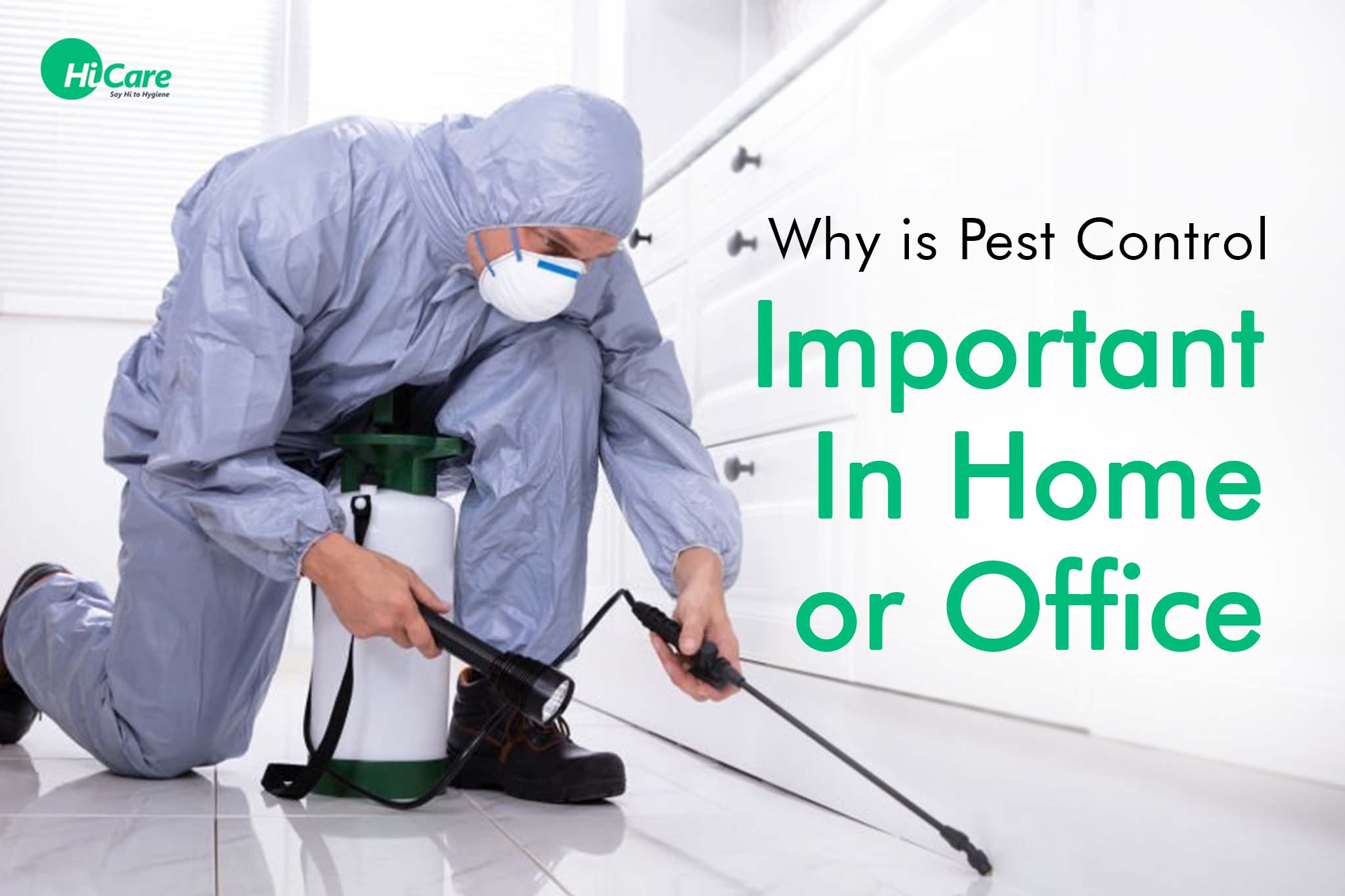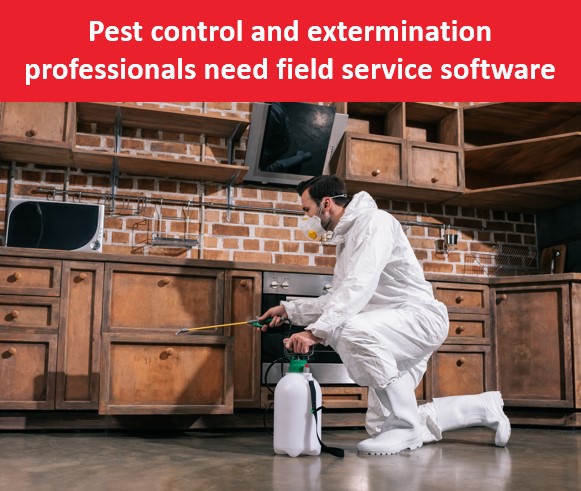Professional Wasp Control Coquitlam: Safe and Efficient Pest Removal
Professional Wasp Control Coquitlam: Safe and Efficient Pest Removal
Blog Article
Safe and Trusted Bug Control for Lasting Defense
Reliable insect administration calls for a diverse strategy that stabilizes ecological integrity with the requirement for effective bug reductions. The nuances of these approaches might not be promptly clear, motivating a more detailed evaluation of the methods that can lead to lasting bug control end results.
Understanding Pest Control Techniques
Bug control incorporates a range of techniques aimed at managing and eradicating undesirable pests and rodents that can intimidate both health and building. Recognizing these approaches is vital for efficient pest management.
The primary categories of parasite control techniques include mechanical, organic, and chemical techniques. Mechanical methods include physical barriers and catches to prevent bug access and capture undesirable varieties. Making use of screens on home windows or utilizing sticky catches can significantly decrease parasite populations without introducing harmful substances - exterminator coquitlam.

Chemical parasite control is usually one of the most identified technique, using chemicals to get rid of parasites. These chemicals can be reliable yet should be used with care to avoid negative effects on non-target varieties and the setting.
Benefits of Eco-Friendly Solutions
How can eco-friendly services change bug control techniques? The fostering of eco-friendly parasite control methods uses many advantages, dramatically boosting the efficiency and safety and security of parasite monitoring.

An additional benefit is the positive impact on local biodiversity. Green remedies are created to target particular pests while maintaining useful bugs and wildlife, promoting a well balanced environment. This method aligns with the expanding consumer demand for sustainable techniques, improving the reputation of bug control suppliers.
Integrated Insect Monitoring Methods
The execution of environment-friendly solutions normally results in the fostering of Integrated Pest Monitoring (IPM) strategies, which further enhance bug control efficacy. IPM is an alternative approach that integrates numerous strategies to take care of pest populations while minimizing ecological influence. This approach emphasizes making use of organic, cultural, mechanical, and chemical controls, making sure a well balanced and lasting technique of pest administration.
One fundamental aspect of IPM is the complete analysis of insect task and ecological conditions. By keeping an eye on insect populaces and determining their life process, experts can execute targeted treatments that interfere with the pest's habitat or lifecycle, minimizing dependence on chemical pesticides. In addition, cultural methods such as crop turning and environment adjustment can dramatically diminish insect establishment and reproduction.
One more important part is making use of organic control representatives, such as beneficial insects or bacteria, which can normally suppress pest populations. When chemical applications are necessary, IPM prioritizes the use of low-risk pesticides and uses them uniquely, decreasing direct exposure to non-target microorganisms and human beings.
Integrating IPM methods not just enhances insect control efficiency but also promotes a more secure ecological community, straightening with the expanding need for lasting techniques in bug administration.
Safe Practices for Property Owners
Comprehending the importance of safe techniques in parasite control can encourage home owners to successfully handle pest concerns while securing their health and wellness and the environment. Executing non-toxic approaches and safety nets is critical in reducing exposure to unsafe chemicals.
House owners should initially analyze their environment for problems that attract bugs, such as standing food, water, and clutter waste. On a regular basis cleaning and securing entry points can deter bugs from attacking the home. Making use of natural deterrents, such as crucial oils or diatomaceous earth, can offer reliable choices to chemical pesticides.
When chemical treatments are needed, home owners ought to decide for items that are especially labeled as risk-free for property usage. It is necessary to comply with application standards meticulously to prevent too much exposure. In addition, using targeted treatments in areas where pests are identified, rather than covering splashing, can dramatically lower chemical usage.
Finally, preserving open interaction with bug control specialists is vital. Homeowners should inquire about the safety and security of items made use of and demand environmentally friendly options whenever possible. By taking on these secure methods, property owners can produce a healthier living setting while efficiently managing pest concerns.

Tips for Long-Term Defense
Developing a parasite monitoring method that highlights long-term defense can significantly enhance the performance of the risk-free practices previously discussed. To attain this, house owners ought to implement routine evaluations of their residential or commercial property, concentrating on hidden areas such as attic rooms, basements, and crawl rooms. Early detection of pest task is essential in protecting against invasions from holding.
These methods reduce attractants that draw bugs right into the home. Securing entry points, such as cracks around home windows and doors, can efficiently block potential pest access.
Landscape design ought to also be considered; keeping plants cut and maintaining a distance in between vegetation and the home reduces concealing areas for insects. Using natural deterrents, such as essential oils or diatomaceous earth, can better inhibit invasions without considering harsh chemicals.
Last but not least, collaborating with an expert bug control solution for routine assessments can give an additional layer of safety and security. These professionals can use customized recommendations and advanced treatments, making certain that your home stays secured versus parasites in the long-term.
Final Thought
To conclude, reliable and safe parasite control requires a multifaceted method that highlights environment-friendly techniques and incorporated insect monitoring. By carrying out natural deterrents, performing normal inspections, and keeping correct sanitation, homeowner can substantially lower bug populations while safeguarding valuable bugs and the setting. Partnership with specialist pest control services enhances the effectiveness of these strategies, ensuring customized options that provide enduring security and satisfaction versus future invasions.
Efficient insect management calls for a complex strategy that stabilizes environmental honesty with the requirement for reliable pest suppression. The adoption of green insect control approaches uses many benefits, dramatically improving the performance and security of parasite management.The application of eco-friendly services normally leads to the YOURURL.com adoption of Integrated Bug Management (IPM) approaches, which additionally boost parasite control effectiveness. exterminator coquitlam. By keeping an eye on parasite populations and identifying their life cycles, practitioners can implement targeted interventions that interfere with the parasite's habitat or lifecycle, minimizing dependence on chemical pesticides.In verdict, reliable and safe insect control calls for a complex approach that stresses eco-friendly methods and incorporated parasite administration
Report this page